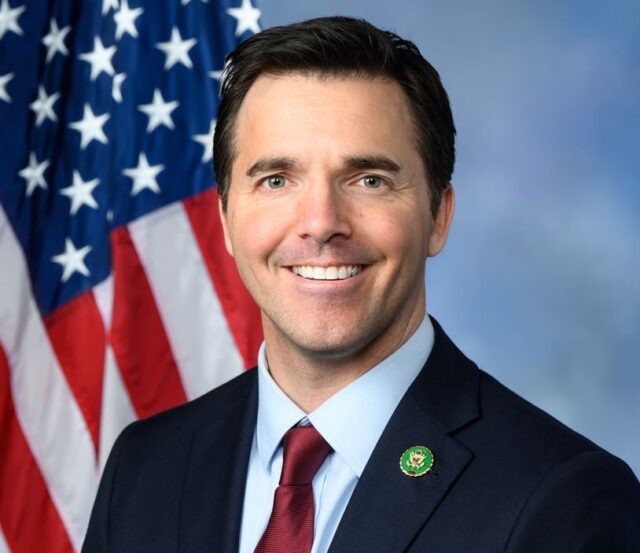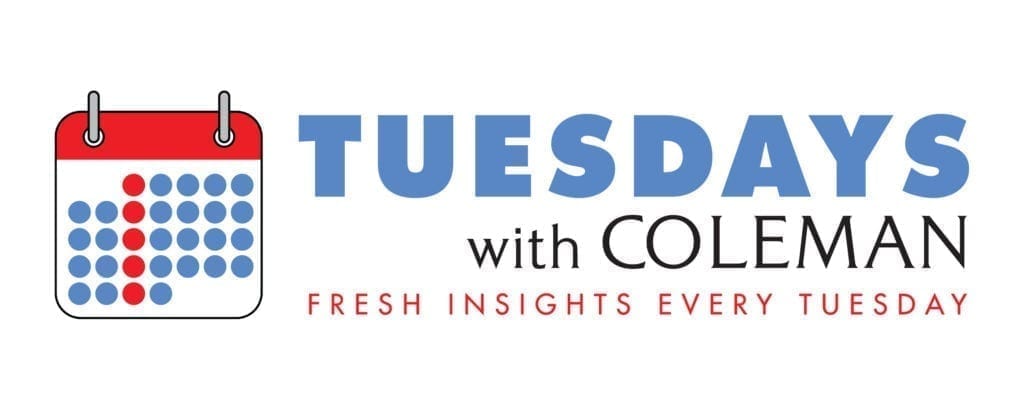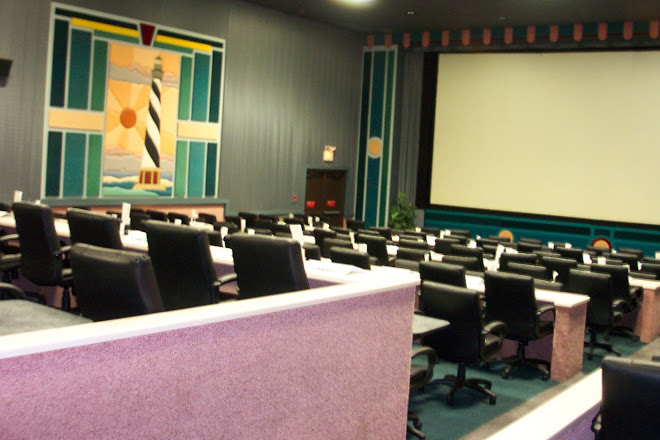
You wouldn’t believe how many texts and emails I’ve been getting from politicians lately. Well of course you would, especially if you live in a swing state like Pennsylvania, as I do. A few weeks ago, I received an email from Jeff Jackson, who is running for Attorney General in North Carolina (another swing state). Although I can’t vote for him, I specifically signed up for Jackson’s emails because I noticed how he handles his marketing differently. For every 1,000 “I JUST GOT OFF THE DEBATE STAGE AND DESTROYED MY OPPONENT! WE MUST HIT OUR GOAL!!” messages we’re all used to receiving from most politicians, there is one politician whose messages sound different than this. That’s Jeff Jackson.

North Carolina Congressman Jeff Jackson (Photo credit: Congressman Jeff Jackson)
Politicians overwhelmingly rely on tactical strategy in their emails and texts. Jackson is using brand strategy.
In a recent email to his database, Jackson’s subject line wasn’t, “We’re down in the polls!” or “The other side is out to get us!” It was, “The Power of Wheel of Fortune. You Simply Would Not Believe.”
Got my attention.
Jackson begins the email by mentioning how close the polls are, but that what interests him – what really interests him – is how research shows that both he and his opponent “do not exist to the majority of the state.” Well over half of voters are not aware of either. He goes on to wonder how to go about reaching all those voters who don’t know him yet.
He says it won’t be through social media, because of his already strong subscriber base. Though he offers a video version of the email.
He says it won’t be through the news, because it only reaches people who follow politics, and he needs to reach voters who aren’t already engaged.
So, he talks about the power of running commercials on mass media, in this case, television. The email subject (“The Power of Wheel of Fortune”) makes sense. But he knows that’s expensive, so he needs to focus his message and raise enough money for a decent spot buy.
Jackson seems to have opened a lead on his opponent, but obviously anything can happen before the election. Here are a few takeaways from this email I found fascinating that you may find useful:
- The way Jeff Jackson talks to his database is unlike most politicians I’ve seen. In a sea of sameness, Jackson’s approach and tone is a complete point of differentiation. Are you talking to your audience like you always have, and like your competitors do? Or are you real, authentic, and different from what listeners have always come to expect?
- Jackson understands the value of Awareness. Without higher levels of Awareness, you cannot build stronger images and inspire more potential voters. Are you conducting research to understand how much of your target audience knows you exist? Or are you just counting the audience estimates you’re given?
- Jackson understands the value of mass media. Are you falling victim to the new media PR trap in your selling efforts or are you truly selling the value of your medium?
- Jackson understands the value of focus. In the email, he mentions how he’s got 25 things he’d like to talk about with voters, but he needs to “shrink that way, way down”. How many messages are you trying to get across? Are any getting through?
You don’t have to take a side to appreciate a fresh approach. Maybe hitting voters over the head for donations isn’t the only way, just as hitting listeners over the head for ratings isn’t the only way.
At least we can hope.



